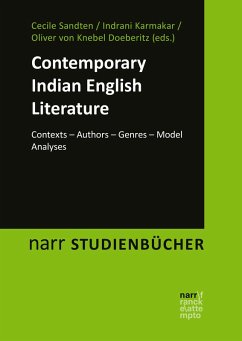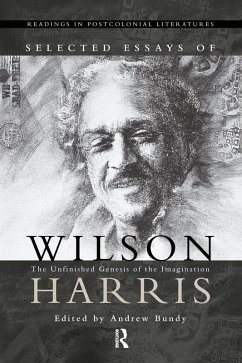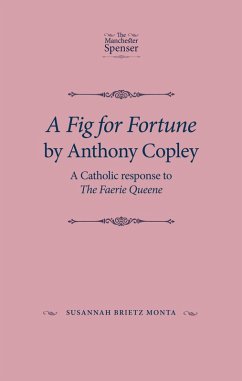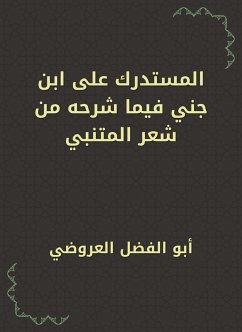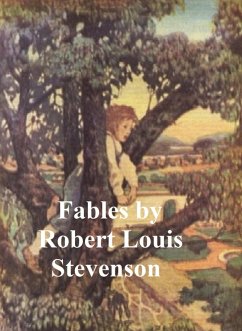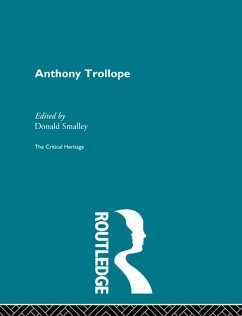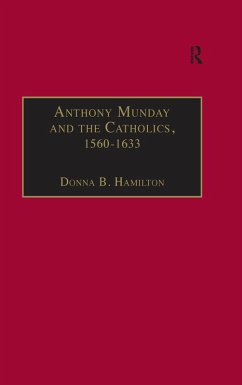
Froudacity; West Indian Fables by James Anthony Froude Explained by J. J. Thomas (eBook, ePUB)

PAYBACK Punkte
0 °P sammeln!
In "Froudacity; West Indian Fables by James Anthony Froude Explained," J. J. Thomas navigates the complex terrain of colonial narratives by dissecting Froude's controversial representations of Caribbean life and culture. Thomas employs a critical lens to expose the biases and inconsistencies within Froude's observations, employing a mix of polemical prose and vivid storytelling. This work emerges as a vital contribution to post-colonial literature, advocating for a nuanced understanding of Caribbean identities through the lens of fables and folklore that resonate deeply with local experiences ...
In "Froudacity; West Indian Fables by James Anthony Froude Explained," J. J. Thomas navigates the complex terrain of colonial narratives by dissecting Froude's controversial representations of Caribbean life and culture. Thomas employs a critical lens to expose the biases and inconsistencies within Froude's observations, employing a mix of polemical prose and vivid storytelling. This work emerges as a vital contribution to post-colonial literature, advocating for a nuanced understanding of Caribbean identities through the lens of fables and folklore that resonate deeply with local experiences and dialects, blending literary criticism with cultural analysis. J. J. Thomas, an influential figure in Caribbean literature and history, was born in the Trinidad and Tobago during a time of profound sociopolitical change. His experiences as a teacher, writer, and activist greatly informed his literary endeavors, compelling him to challenge colonial narratives such as Froude's. His deep engagement with the cultural and folkloric traditions of the West Indies allowed him to articulate the complexities of Caribbean identity, making his reinterpretation of Froude's work a form of cultural reclamation. For readers interested in the interplay of colonialism and culture, "Froudacity" is an essential read that not only critiques a prominent figure in colonial literature but also offers rich insights into the lived experiences of Caribbean people. Thomas's articulate prose and deep understanding of the region's cultural heritage serve to illuminate the often-overlooked voices of the West Indies, making this book a thought-provoking addition to any scholarly collection.
Dieser Download kann aus rechtlichen Gründen nur mit Rechnungsadresse in A, B, BG, CY, CZ, D, DK, EW, E, FIN, F, GR, H, IRL, I, LT, L, LR, M, NL, PL, P, R, S, SLO, SK ausgeliefert werden.




